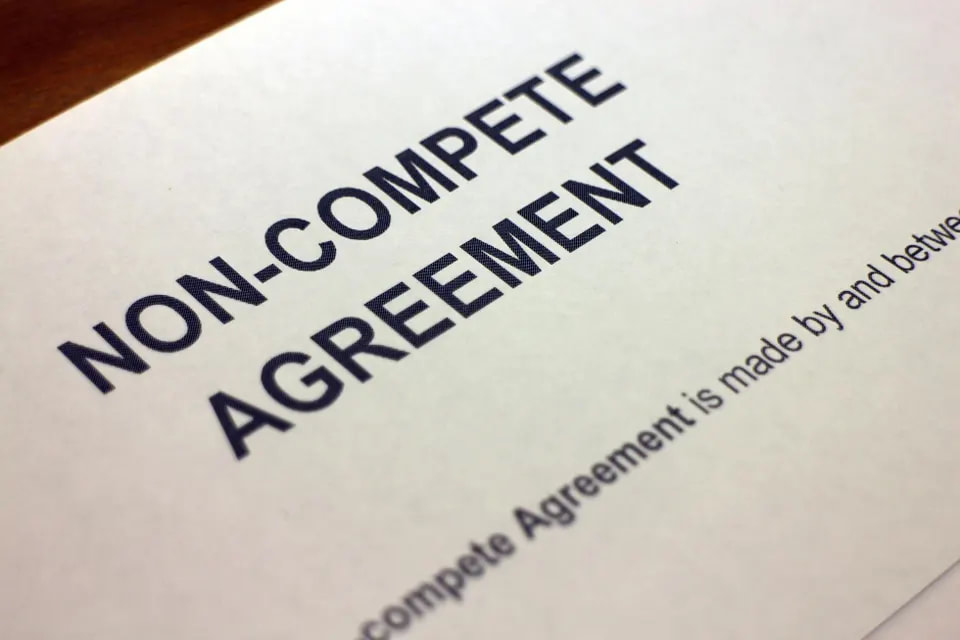|
DISCLAIMER: This post does not constitute legal advice and is presented for information, education, or entertainment purposes. It is opinion and commentary, and merely attempts to review laws and their interpretation to assist businesses (and consumers) in planning. If you have questions, then please speak to your legal professional or the appropriate regulatory authority. Earlier this week, the Federal Trade Commission issued a final rule (link) effectively banning non-compete agreements for most workers nationwide. This significant development has wide-ranging implications for employers and employees across all industries, including the food and beverage sector. The rule is linked above, but fair warning, the rule and discussion are over 500 pages long, so get your pajamas and chamomile tea ready. WHAT DOES THE FINAL RULE DO?Long story short, the FTC's final rule prohibits employers from enforcing non-compete agreements with most workers after their employment ends. Of course, non-compete clauses typically restrict employees from taking jobs with competitors after leaving a company. WHY ISSUE THE FINAL RULE?President Biden's 2021 Executive Order on Promoting Competition in the American Economy specifically called on the FTC to address non-compete agreements. The FTC's recent rule can be seen as a response to that directive. The FTC’s rational against non-compere agreements is that they stifle competition in two key ways:
WHO DOES THE RULE APPLY TO?The ban applies to a broad range of workers, including those in the food and beverage sector:
WHO DOES THE RULE NOT APPLY TO?There are exceptions for non-profit enterprises, for those selling a business, for agreements enforced where the cause of action accrued prior to the rule’s effective date, and for "senior executives." However, the bar for this senior executive exemption is quite high. It applies only to those who:
DOES IT ONLY APPLY TO NONCOMPETES?Yes and no. Yes, it does only apply to non-competes on its face since it does not ban NDAs or non-solicitations agreements. But the rule does say that it could ban these other kinds of restrictions when they have the same functional effect as a non-compete would. So, maybe there’s an NDA or non-solicitation agreement that cover such a large amount of information or customer base that effectively prevents someone from working in their given field. WHEN DOES IT TAKE EFFECT?So, as of right now, noncompete agreements are still in effect. When the rule does take effect (if it does, and it’s a big if), it will be retroactive - which means that the rule bans new non-competes after the effective date, but also invalidates existing non-competes subject to few exceptions. But as to an effective date, in short, we don’t know. Two big things that will impact the implantation of the rule:
WHAT CAN F&B BUSINESSES & EMPLOYEES DO RIGHT NOW?
ABOUT BROOK BRISTOWBrook Bristow focuses his practice on alcoholic beverage law and commercial matters. Representing hundreds of clients from small start-ups to national brands, Brook counsels those in the food and beverage industry such as breweries, wineries, distilleries, distributors, and retailers. He regularly advises on federal and state regulatory compliance, licensing, contracts, intellectual property, and federal label and formula approvals, among other topics. He enjoys central coast zinfandel, aged rum, and can brew a passable IPA. You may reach him directly at [email protected]
0 Comments
Leave a Reply. |
AuthorBrook Bristow is a South Carolina-based lawyer at Bristow Beverage Law, who primarily counsels companies in the alcohol industry on business and employment laws, as well as on compliance, licensing, & intellectual property. You may reach him directly at: [email protected] Archives
April 2024
Categories |




 RSS Feed
RSS Feed